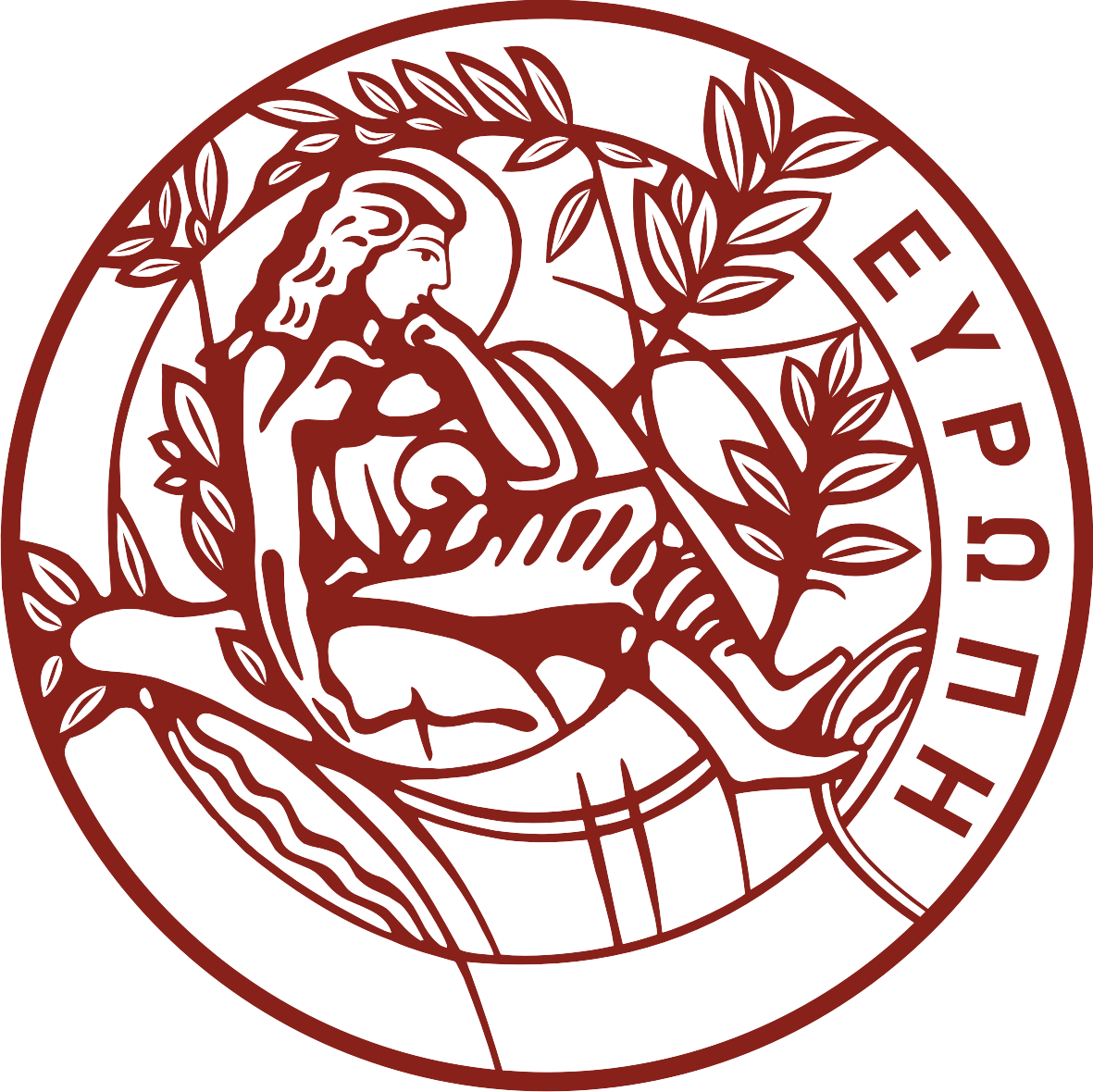The course aims to introduce the fundamental concepts of modern data science, providing both a basic theoretical understanding and practical experience. Initially, it will emphasize the acquisition of basic theoretical skills through the combination of knowledge from algebra (vectors and matrices), calculus (functions minimization), and probability (distributions). The course will then progress to basic algorithms and analysis techniques such as machine learning, data pre-processing, and system development. In the latter part of the course, the focus will shift to applications in various fields, including time-series analysis, image understanding, text analysis, and graph modeling.
Each week, a single topic will be covered, with three hours dedicated to traditional lectures and one hour reserved for hands-on sessions. These sessions will not only provide an initial discussion of each week's topic but also involve students actively through follow-up assignments and subsequent report writing. To facilitate the practical aspect of the course, we will utilize freely available resources, particularly Python libraries such as NumPy, Pandas, Scikit-learn, and TensorFlow. Additionally, we will leverage free computational resources available through platforms like Google Colab. This approach ensures that students have access to the necessary tools to successfully engage with the course material, fostering both their theoretical understanding and practical skills.
By the end of the course, students will be well-equipped with the knowledge and experience to apply basic data science principles and techniques in various scenarios, preparing them for advanced studies or careers in the field.
Learning Outcomes
The proposed “Applied Data Science” course will provide an overview of the essential tools, techniques, and principles of data science. The course aims to introduce students to the subject of data analysis as it relates to computer science. This objective will be pursued by exposing students both to theoretical concepts of the subject and to the practical application of different methods in the analysis of factual data. The course is designed to equip 4th-year undergraduate students with a solid foundation in data science, preparing them for more advanced studies or professional work in the field. The curriculum includes a balanced mix of lectures and hands-on sessions to consolidate and apply the newly gained knowledge. By the end of the course, students will have a comprehensive understanding of data science fundamentals and be able to apply their knowledge in various practical contexts
Knowledge: Having attended and succeeded in the course, the student is capable of describing, recognizing, and distinguishing the fundamental theoretical and practical dimensions of data science, applying this knowledge to real-world data analysis and processing scenarios.
Understanding: Having attended and succeeded in the course, the student is able to deeply understand the theoretical principles of data science and recognize how these principles are applied to real data and scenarios, preparing them for further academic progress or professional involvement.
Application: Having attended and succeeded in the course, the student is in a position to effectively apply their knowledge in various practical contexts, utilizing techniques and tools for data analysis and processing to solve complex problems and develop sustainable solutions.
Analysis: Having attended and succeeded in the course, the student is able to combine, analyze, and apply the theoretical knowledge and practical skills they have acquired for managing and analyzing real data, adapting innovative solutions to practical problems.
Synthesis: Having attended and succeeded in the course, the student is capable of creating new data structures, designing and organizing effective solutions for the analysis and processing of real data, integrating critically the theoretical knowledge and practical methodologies acquired.
Evaluation: Having attended and succeeded in the course, the student is able to evaluate, compare, and discern the value and quality of data and analyses, judge their validity, and predict the implications of their findings, enhancing their ability to determine appropriate strategies for practical application.
Student Performance Evaluation
Specific details on grading can be found on the course’ s website



 Announcements
|
News
Announcements
|
News

